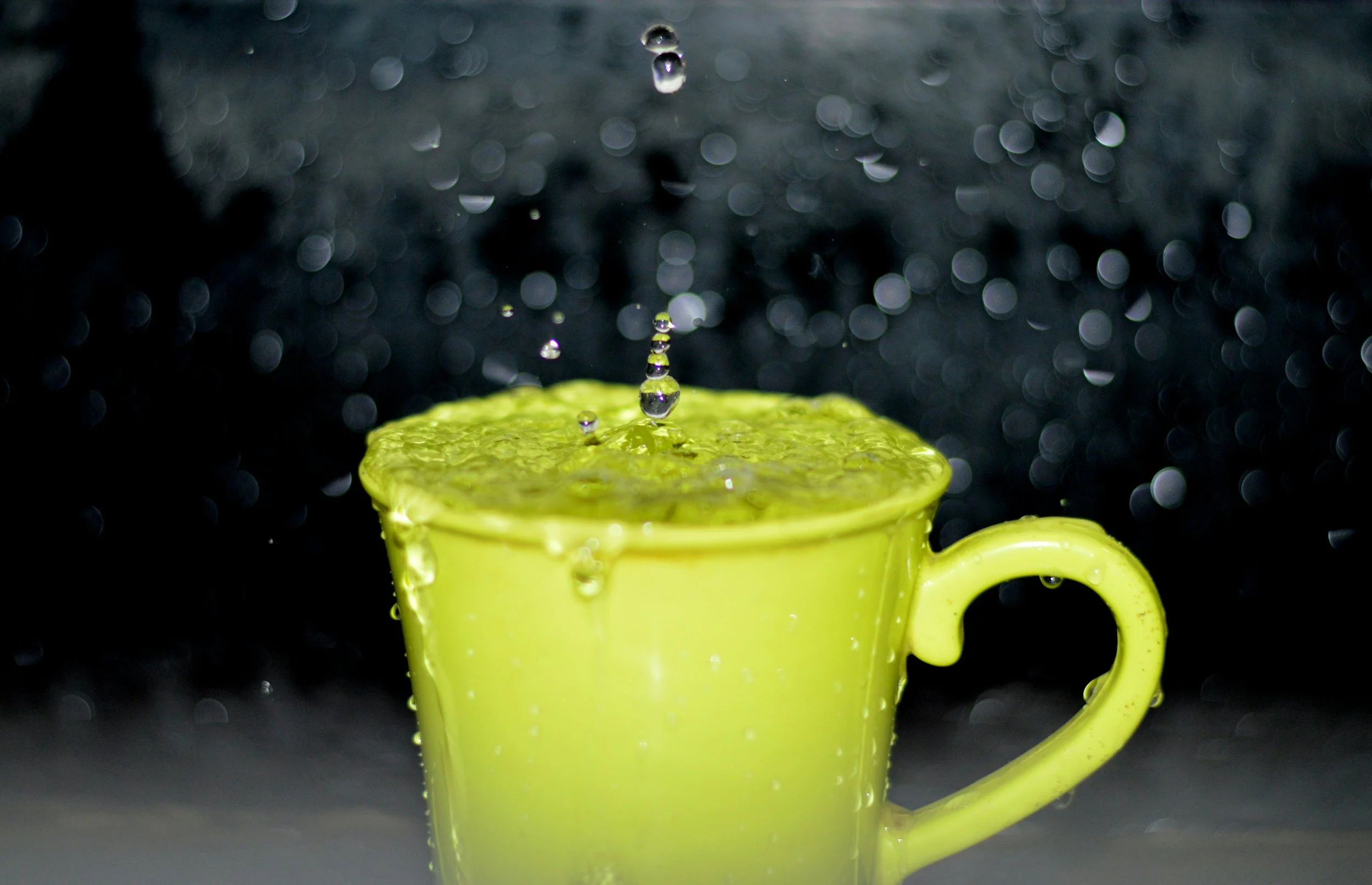You Can’t Pour From an Empty Cup: Rethinking Self-Care in Therapeutic Parenting
"Self-care" — a funny old buzzword, isn’t it? It’s something we can easily overlook, especially when we're living or working with children who have experienced developmental trauma. In these relationships, we often find ourselves on the front line. When a child is overwhelmed, their most trusted adults often become the safest place to unload their big emotions — even when it’s messy or intense.
Over time, this emotional weight can start to take its toll.
In Dyadic Developmental Psychotherapy (DDP), we talk about the circle of safety. One of the core principles is that adults need to remain regulated in order to help children co-regulate. Safety always comes first, of course, but a close second is ensuring that we, the adults, are okay. Because if our nervous systems are heightened and our emotional tanks are empty, how can we possibly hold space for anyone else?
Think about it: How often have you tried to manage a child’s big emotions while feeling dysregulated yourself? How often have you pushed through exhaustion, only to feel resentful or numb? If your cup is already full, or worse, overflowing, even small moments can tip you over the edge.
And that’s when terms like “blocked care,” “secondary trauma,” and “burnout” stop being clinical concepts and start becoming personal experiences. For many parents and carers, there’s barely a moment to breathe before the next wave hits.
So, how do we manage this?
Self-care doesn’t need to be fancy or time-consuming. In fact, the most powerful forms of self-care are often small, intentional acts - accessible even in the busiest moments. Maybe it’s pausing to picture your favourite place. Maybe it’s humming a calming tune in your head, or pretending to blow up a colourful balloon to steady your breath. These micro-regulation tools can help you through the hardest moments.
On a larger scale, finding sustainable ways to empty your cup is essential. What replenishes you? What calms your nervous system? What makes you feel like you again?
We often push self-care aside, thinking it’s a luxury we can’t afford. But in truth, it’s the foundation of everything else. Without it, we risk running on empty. And no one can thrive that way.
So, if you do one thing today, try to carve out five minutes. Not to do anything huge, but to gently ask yourself: What might I need right now? Then give yourself permission — not just to ask, but to act.
You matter too. And that’s not selfish. That’s the beginning of safety for everyone.
Download PDF here

